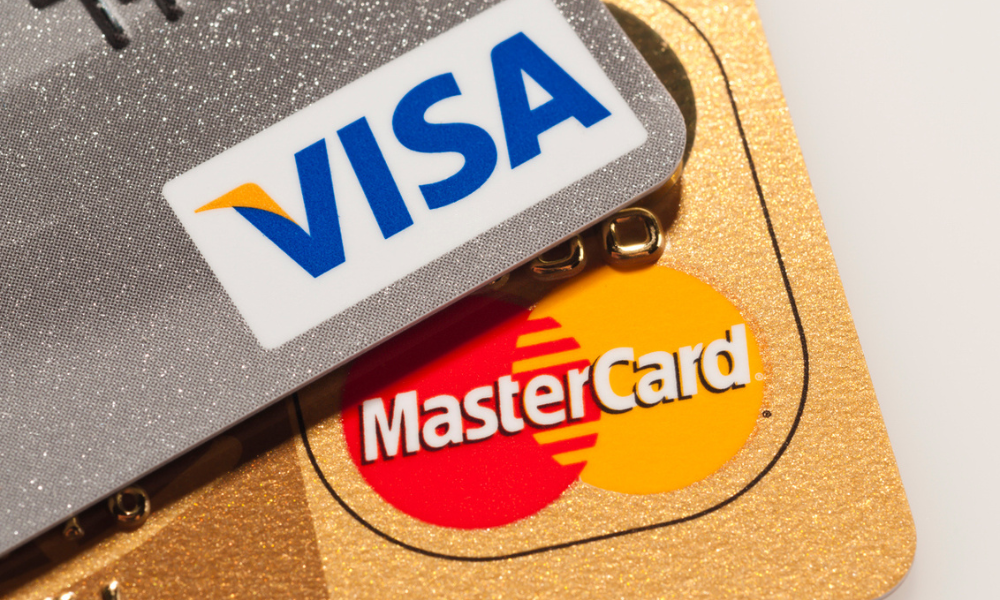
The firm expressed embarrassment and committed to strengthening its review process

A US law firm, Milberg Coleman Bryson Phillips Grossman, has acknowledged that it unknowingly filed fraudulent claims in a US$ 5.6 billion antitrust settlement with Visa and Mastercard.
In a recent filing in a Brooklyn federal court, the New York-founded firm expressed embarrassment and committed to strengthening its review process to prevent such incidents.
The settlement in question involves a class of 12 million retailers who accused Visa and Mastercard of improperly fixing credit and debit card fees. Although the companies denied any wrongdoing, they agreed to the settlement, which was upheld by a court last year.
Milberg's filing revealed that the firm had received paperwork from a referral source and subsequently submitted the material to a claims administration company. This was part of the process for clients to receive money from the settlement. However, an internal investigation in early May led Milberg to withdraw 30 "proofs of authorization" after determining they were fraudulent. Despite not being involved in negotiating the settlement, Milberg represented clients seeking compensation from the fund.
A judge has set a June 6 deadline for class counsel and Milberg to provide additional information about the false claims. According to Reuters, this incident highlights US courts' increasing scrutiny of false claims in multimillion-dollar class action settlements.
In the court filing, Milberg admitted that the fraudulent claims "somehow slipped through without detection." In a joint submission with plaintiffs' counsel, the firm pledged to enhance its internal audit and review procedures to prevent recurrence. Milberg is currently conducting a comprehensive audit of every claim it has submitted to the court and has requested time to provide a more detailed analysis.
The firm assured that it is "fully cooperating" with attorneys for the class. Class lawyers noted that some of the fraudulent submissions were purportedly from well-known multinational companies and that even a cursory review revealed the filings to be fake.